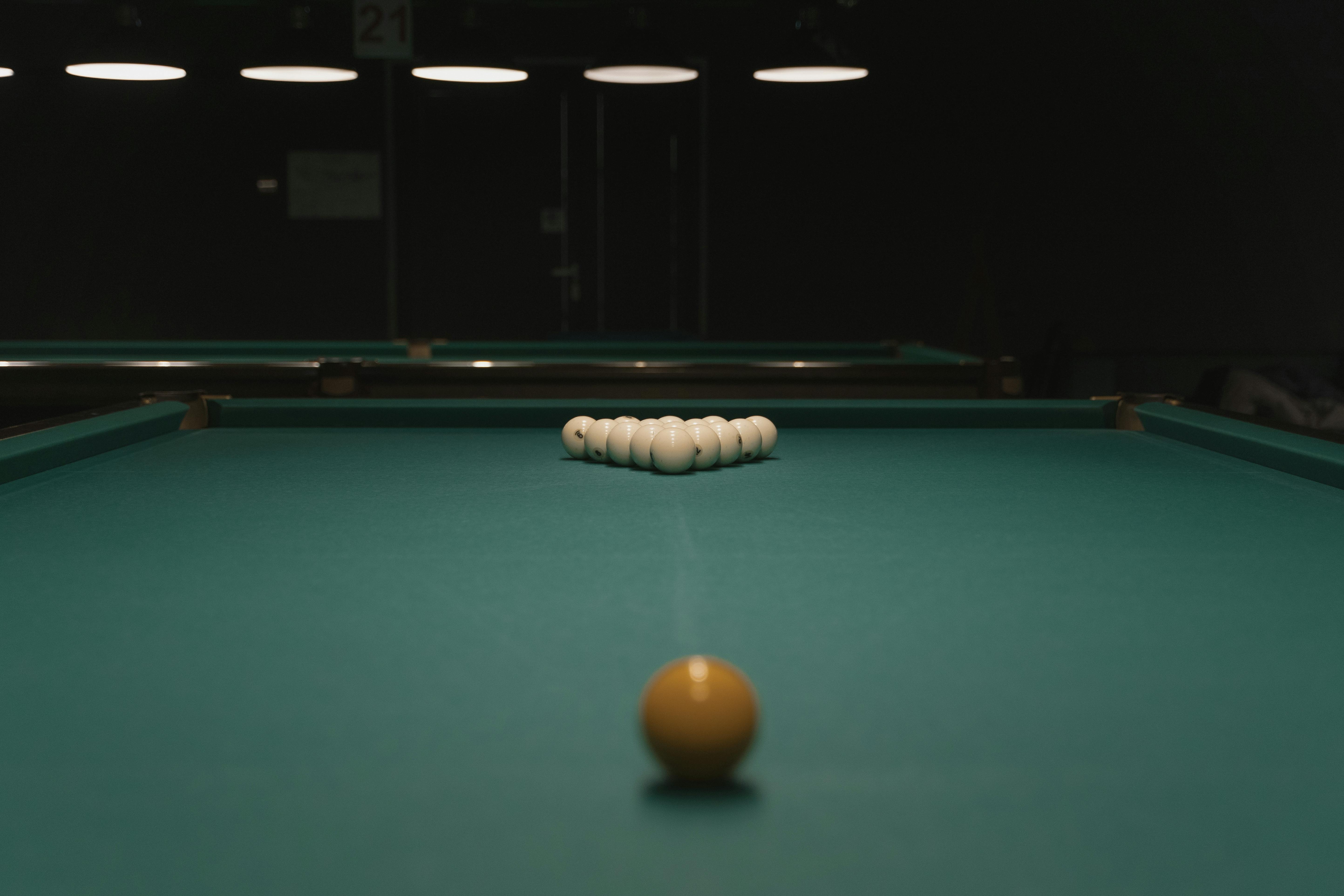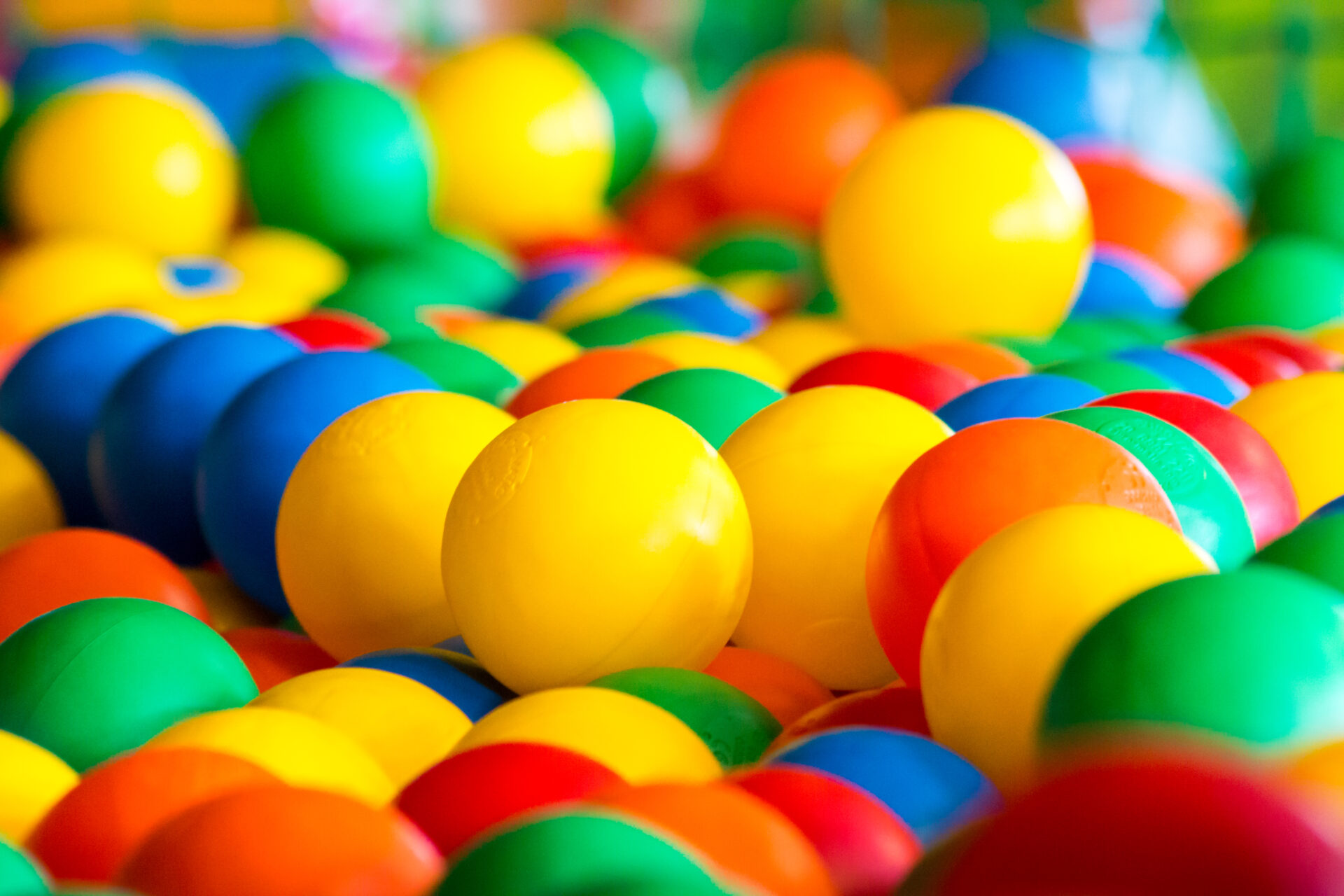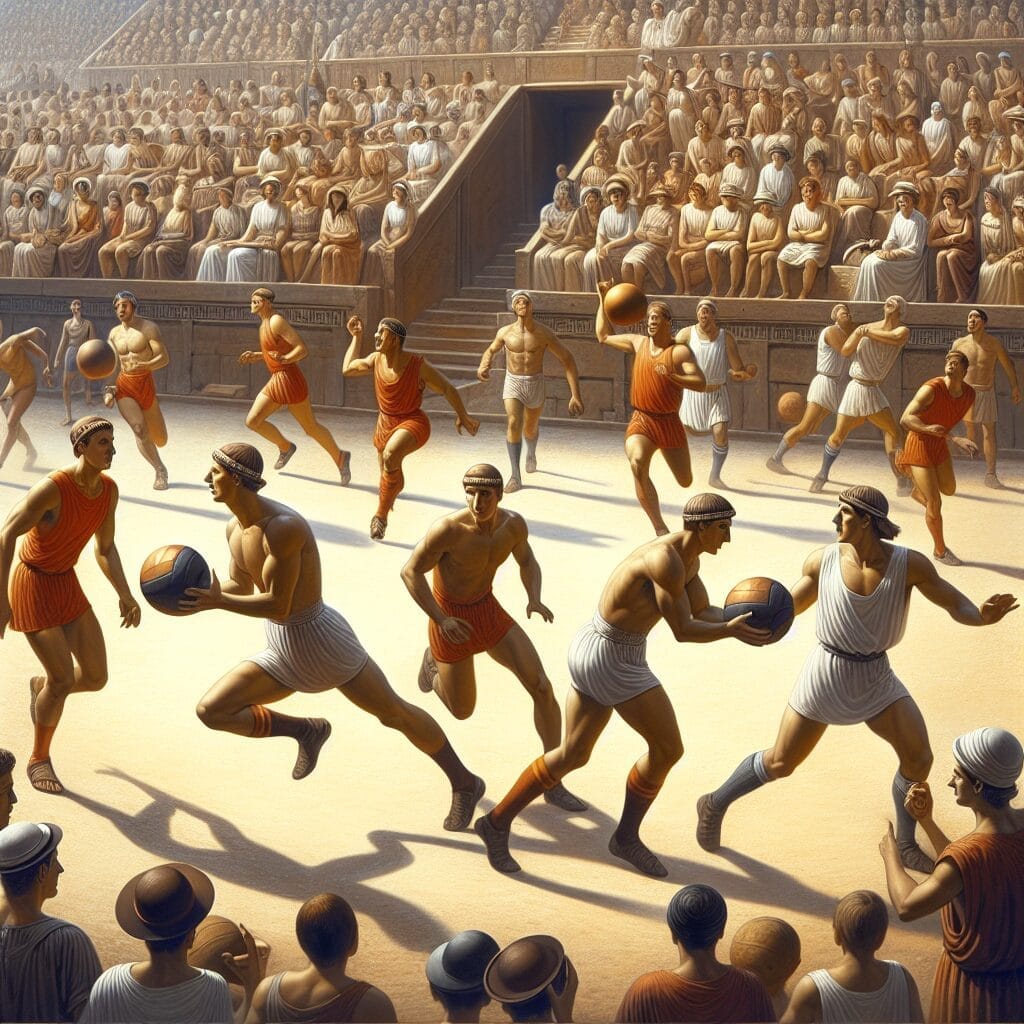Pool balls are a key component of any pool table and are essential for playing the game. While their construction may seem simple, they are actually made from a variety of materials. Depending on the manufacturer, pool balls can be made from a variety of substances including plastic, phenolic resin, or Aramith polyester. Each material has its own unique advantages and disadvantages that make it suitable for certain types of play. In this article, we’ll explore what pool balls are made out of and how each material affects the game.Pool balls are typically made of phenolic resin, a type of plastic. Phenolic resin is a hard and durable material that is designed to withstand the impact of regular use in pool and billiard games.
Different Materials Used to Make Pool Balls
Pool balls are usually made of different materials that can affect their performance. The most common materials used to make pool balls include plastic, polyester, phenolic resin, and clay. Each material has its own advantages and disadvantages.
Plastic pool balls are the least expensive option on the market and they are typically the most durable. They offer a consistent roll and bounce off the table surface, but they lack the spin of some of the other materials. Plastic is also not suitable for outdoor play because it can be easily damaged by exposure to sunlight or water.
Polyester pool balls are a popular choice due to their durability and low cost. They offer a consistent roll but can lack spin when compared to some of the other materials available. Polyester also tends to be less durable than some of the other materials used to make pool balls and can easily chip or crack if they come into contact with hard surfaces or objects.
Phenolic resin pool balls are among the most expensive options on the market due to their superior performance characteristics. They offer excellent control thanks to their ability to absorb spin without sacrificing speed or accuracy. Phenolic resin is also extremely durable and resistant to chips, cracks, and fading from exposure to sunlight or water.
Clay pool balls are generally considered the best performing option available on the market today due to their ability to absorb spin without sacrificing speed or accuracy. Clay is also very durable and resistant to chips, cracks, and fading from exposure to sunlight or water. The downside is that clay pool balls are usually quite expensive compared to other materials used for making pool balls.
In conclusion, there are many different types of materials used for making pool balls each with its own advantages and disadvantages that should be taken into consideration when deciding which material is right for you.
Aramith Pool Ball Material
Pool balls are the centerpiece of any game of pool. The material that pool balls are made out of affects the game play, and Aramith is one of the most popular brands of pool ball material. Aramith uses a phenolic resin for its pool balls which gives them superior strength and durability compared to other materials. This resin also helps to reduce the friction between the ball and the surface it is rolling on, resulting in a smoother and more accurate roll. Additionally, Aramith balls have a longer life span than many other materials due to their superior durability. The high-quality construction ensures that your pool table will be looking great for years to come.
Aramith balls are also extremely resistant to UV rays, making them perfect for outdoor use. This means that you can enjoy playing pool outdoors without worrying about your balls becoming faded or discolored from exposure to sunlight. Additionally, the phenolic resin used in Aramith pool balls is non-porous which helps to prevent dirt and debris from becoming embedded in the surface of the ball. This makes them easier to clean and maintain over time.
Aramith also offers several different colors of their pool balls so you can choose one that best fits your style or décor. Adding a bit of color to your table can really help bring out its best features and make it look great in any setting. So if you’re looking for an excellent material for your pool table, consider using Aramith’s high-quality phenolic resin for maximum performance and durability.
Polyester Resin Pool Ball Material
Polyester resin pool ball material is a strong and durable material that is used for billiards and pool balls. It is a type of plastic that is extremely resistant to wear and tear, making it an ideal choice for those who want their balls to last. The material also resists fading and discoloration, ensuring that your balls will look great for years to come. Furthermore, polyester resin pool ball material has excellent impact resistance, meaning that it can stand up to the force of hard shots without cracking or shattering. This makes it a great choice for recreational players as well as more serious players who are looking for superior durability.
In addition to its strength and durability, polyester resin pool ball material has a smooth surface texture that allows for better speed control when shooting. This makes it easier to control the spin and trajectory of your shots so you can more accurately hit your target. Additionally, the material gives off a distinct sound when hit, making it easier to determine where your shots land on the table. As such, polyester resin pool ball material is an excellent choice for anyone looking for a high-performance solution for their game room or billiards table.
Acrylic Resin Pool Ball Material
Acrylic resin is one of the most popular materials used to make pool balls. This material is used on a variety of different types of pool balls, including both standard and specialty balls. It is known for its durability, strength, and ability to maintain its shape and color for an extended period of time. Acrylic resin can also be used to make a variety of different designs, from traditional to modern. The material is also waterproof and difficult to scratch or damage. This makes it an ideal choice for those who want their pool balls to look great and last for years.
When selecting a pool ball made from acrylic resin, it is important to consider the weight of the ball as well as the type of finish used on it. The heavier the ball, the more durable it will be. Also, certain types of finishes are better suited for particular types of games or activities than others. For example, some finishes provide better grip in wet conditions than others. Additionally, some finishes are more resistant to fading or discoloration over time than others.
In addition to being durable and long-lasting, acrylic resin is also lightweight and easy to transport. This makes it a great option for those who want their pool balls to travel with them when they play in different locations. Additionally, this material is available in many different colors and can be customized with logos or other artwork if desired. Acrylic resin pool ball material is one of the best options available for those who want quality balls that will last a long time without showing signs of wear or tear.

Phenolic Resin Pool Ball Material
Phenolic resin is a type of plastic material which has been used to make pool balls for decades. This material is ideal for pool ball use because it is extremely durable and can withstand a great deal of wear and tear. Phenolic resin also provides the right amount of “grip” so that the balls can be accurately propelled across the table without bouncing off too easily. The most common form of phenolic resin used in pool balls is a compound known as Bakelite, which was invented in 1909.
In addition to its durability, phenolic resin is an ideal material for making pool balls because it will not absorb oils, moisture, or other substances from its environment. This is important because it helps keep the surface of the ball smooth and even throughout its lifetime. It also helps to ensure that each ball is exactly the same size and shape as all other balls in a set without being affected by humidity or temperature fluctuations.
Phenolic resin pool balls are also known for their vibrant colors and glossy finish. This finish helps to reduce drag on the surface of the ball as it moves across the table, making it easier for players to control their shots accurately. Although not all manufacturers use phenolic resin exclusively, many prefer this material over other types of plastics due to its superior properties.
Clay Composite Pool Ball Material
Pool balls are usually made from a clay composite material. Clay composite is a combination of clay and other materials, like resins and plastics, which creates a strong and durable material. Clay composite is the most popular material used to make pool balls because of its durability and ability to keep its shape. The material is also resistant to fading and discoloration from exposure to sunlight or chemicals, making it ideal for outdoor pools. Clay composite pool balls are available in a variety of colors, sizes, and styles to suit any pool game.
Clay composite pool balls are preferred by many professional players because they offer a consistent bounce and roll. The material also provides superior control over the ball’s direction when hit with a cue stick, allowing for more accurate shots during the game. Additionally, clay composite pool balls are less likely to chip or crack than other materials such as plastic or rubberized materials.
When selecting clay composite pool balls for your game room or outdoor space, it’s important to consider the quality of the product being purchased. Low-quality clay composite can be prone to cracking or chipping, which can disrupt your game play. It’s also important to look for products that are made from high-grade materials that will stand up against weathering and wear over time. Quality craftsmanship is also important when selecting clay composite pool balls as it will ensure their longevity and performance in your space.
Overall, clay composite is an excellent choice for pool ball material due its long-lasting durability and consistent performance during gameplay. With proper care and maintenance, these balls can provide years of enjoyment in any home or commercial setting.
Plastic Pool Ball Material
Plastic pool ball material varies greatly depending on the type of plastic used. Generally, balls made from polyester or nylon are the most common. These materials are strong and durable, making them ideal for use in pool games. They also tend to be less expensive than other materials, making them a great option for those on a budget. However, they can be prone to cracking and chipping over time if not cared for properly.
More expensive pool balls are often made of acrylic or acrylic-coated polyester. These materials are stronger and less prone to cracking or chipping than polyester or nylon, but they also tend to be heavier and more expensive. Acrylic-coated pool balls are even more durable but can be quite costly.
Finally, some pool balls are made from other materials such as ceramic or porcelain. These materials offer superior strength and durability compared to plastic balls but can be quite heavy and expensive. They also require special care when cleaning and handling in order to keep them looking their best.

Conclusion
Pool balls are typically made from a variety of materials, including phenolic resin, polyester resin, acrylic, and plastic. The material used for the balls depends on their intended use, the type of pool table they will be used on, and the budget of the customer. Phenolic resin is the most popular material for pool balls due to its durability and ability to withstand the rigors of hard-hitting shots. Polyester and acrylic are also commonly used materials because they are lighter in weight than phenolic resin. Plastic is used for cheaper sets that don’t require as much durability and impact resistance.
Whichever material is chosen for pool balls, it must be of high quality in order to ensure an enjoyable game experience and reduce wear and tear on tables and equipment. Quality manufacturers will use premium materials with a precision finish that provides a consistent roll every time.
In conclusion, pool balls are available in a variety of materials depending on their intended use. Phenolic resins are typically the most popular choice due to their durability and resistance to impact forces. However, polyester or acrylic may be chosen if a lighter weight ball is desired or plastic if a lower-cost option is needed. Regardless of the material chosen, it is important that all pool balls are manufactured to high standards so that they can perform as expected during gameplay.




